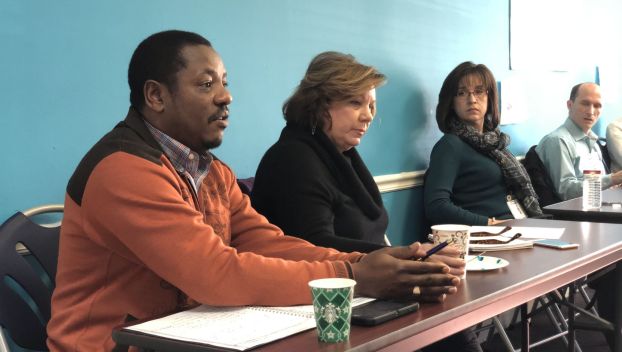
News
International Center launching youth mentorship program
Growing up in a refugee camp where there’s little food, clothing and access to education, it’s little wonder ... Read more

Growing up in a refugee camp where there’s little food, clothing and access to education, it’s little wonder ... Read more
Kentucky’s refugee agencies are losing their capacity to resettle refugees amid lower-than-normal refugee arrivals and lower expectations about ... Read more